Experts explain what 'proteins' play an important role in the body

What is a protein? A biologist explains
https://theconversation.com/what-is-a-protein-a-biologist-explains-152870
What is a protein? A biologist explains --YouTube
'Proteins are the basic structures and molecules found in all life,' said Earl Glen.
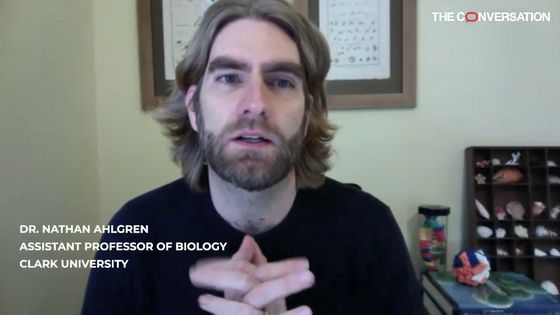
I took out one bracelet with colorful beads connected. A gift from his son, this bracelet is suitable for explaining the structure of proteins.
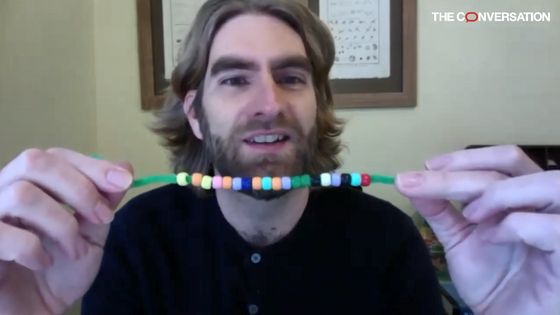
Each bead that makes up the bracelet represents an
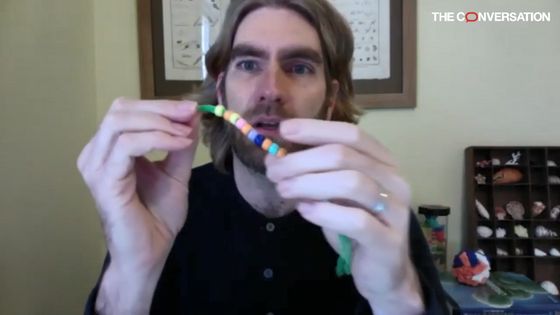
Also, the actual protein does not exist as a single string like a bracelet, but it exists by being folded into a specific shape. The physical process by which a protein is folded into a biologically functioning structure is called
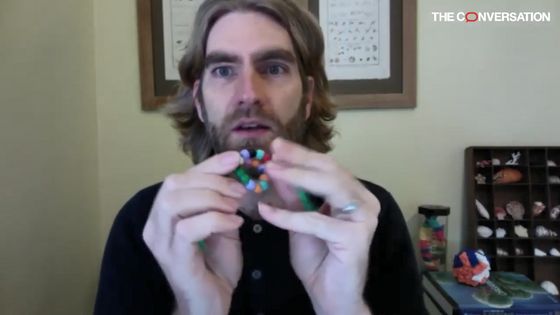
The various amino acids that make up proteins are derived from the human diet and some are made by the human body.
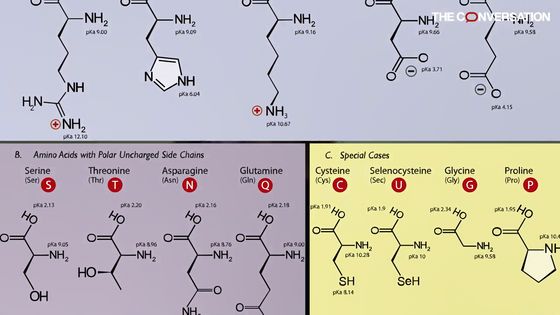
Animals and plants other than humans also make proteins, so when humans eat them, the proteins are taken up by the body.
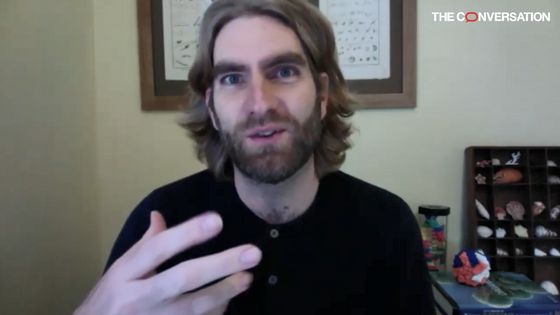
Then, it is decomposed into each amino acid that made up the protein in the digestive system, and it is reconstituted into an arbitrary protein in the body.
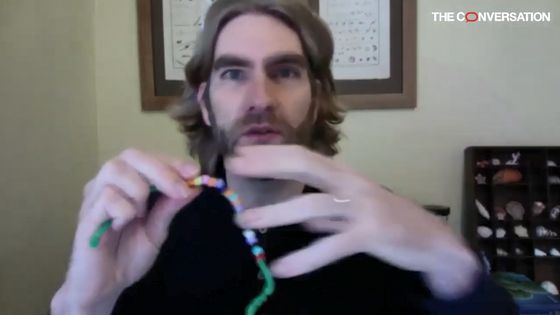
About half of the amino acids that make up human protein can be produced by the body, and the other half are
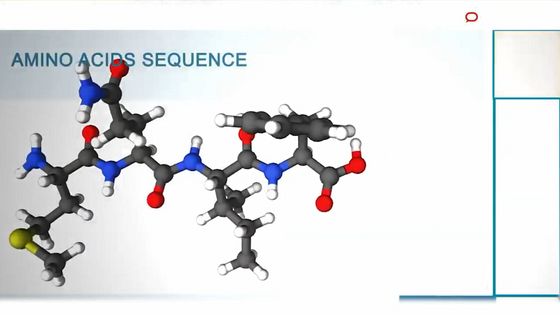
Amino acids in the body are transported to cells, each of which floats inside the cell like beads.
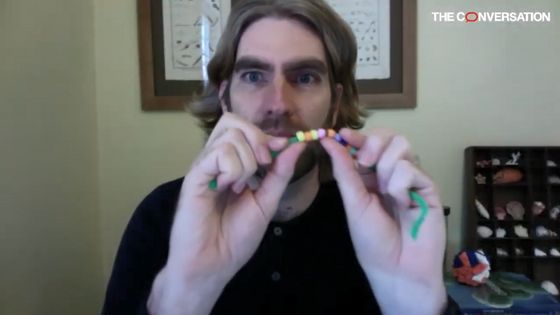
Then, according to the genetic information contained in
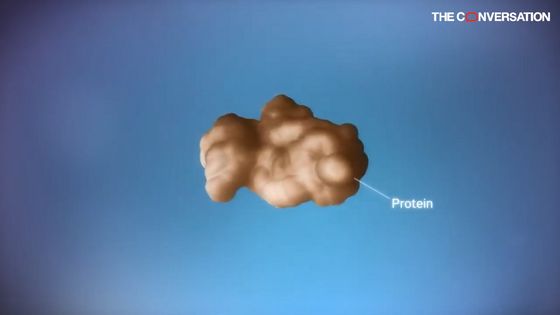
It is said that there are more than 20,000 to 80,000 types of proteins existing in the human body, and the functions of proteins differ depending on the sequence and number of amino acids.
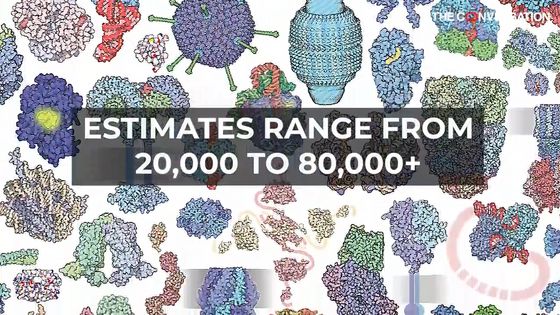
Proteins are broadly classified into two categories according to their functions in the body. One of them is 'structural protein', which constitutes the human body such as bones and skin.

For example,
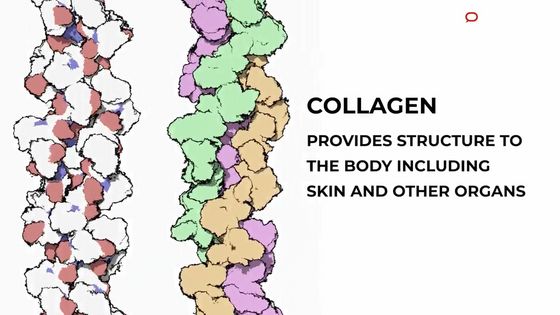
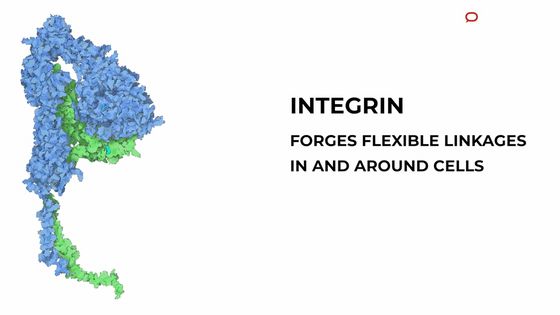
Apart from the structural proteins that make up the human body, there are proteins called 'functional proteins' that are involved in biochemical reactions in the body.

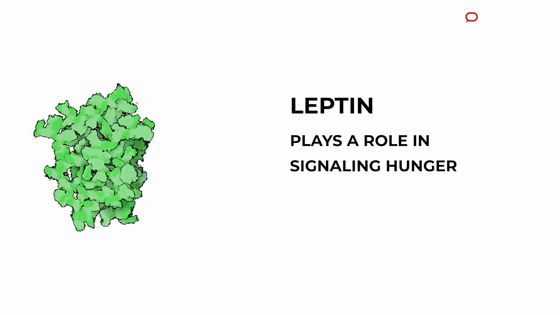
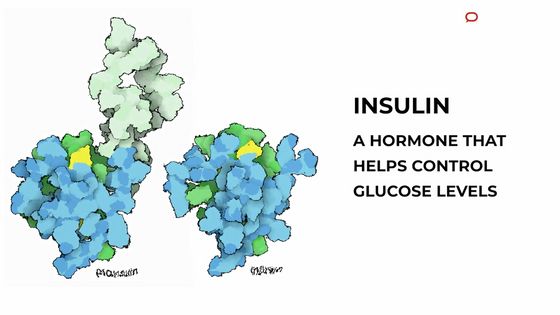
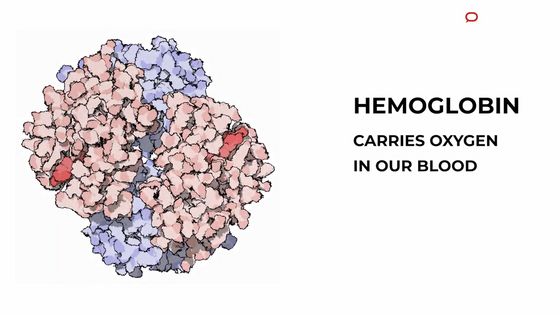
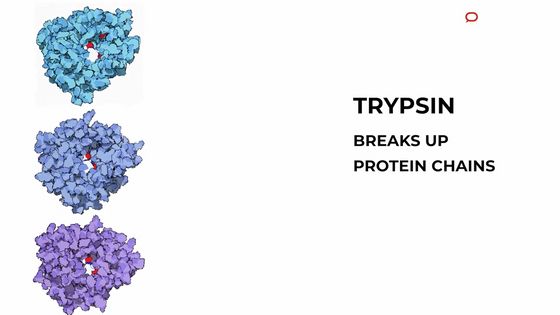
Functional proteins, such as
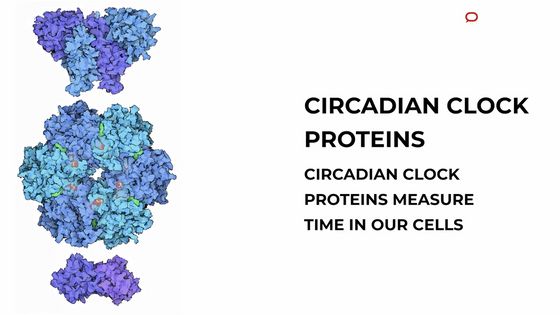
When you hear 'protein,' you might think that it's related to muscles and muscle training, but in reality, protein is involved in various activities in the body, Earl Glen explained.

Related Posts:







